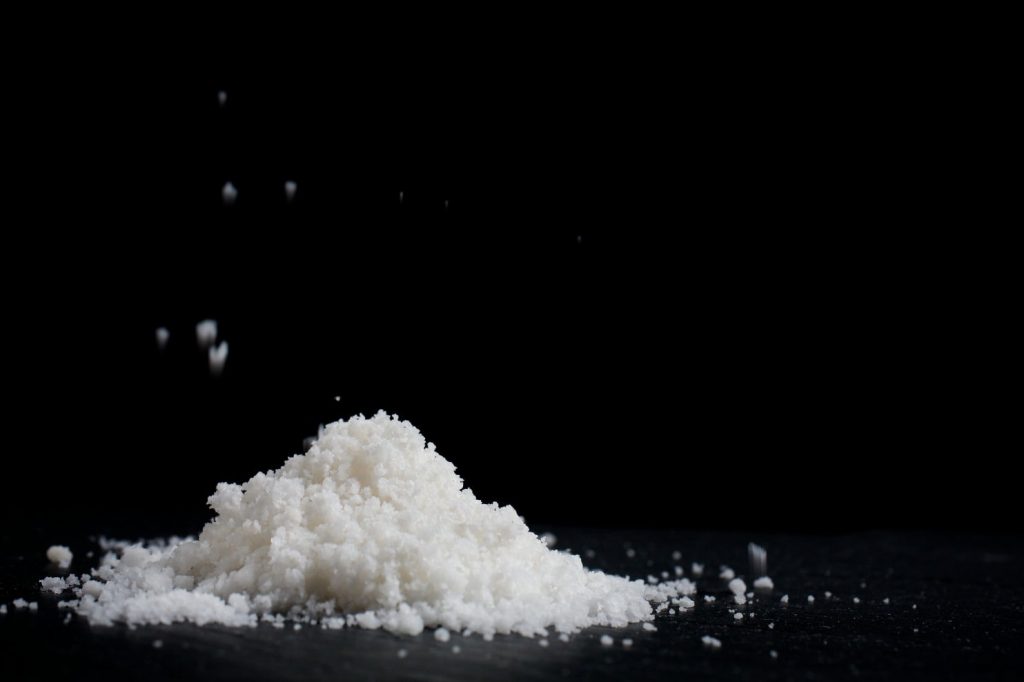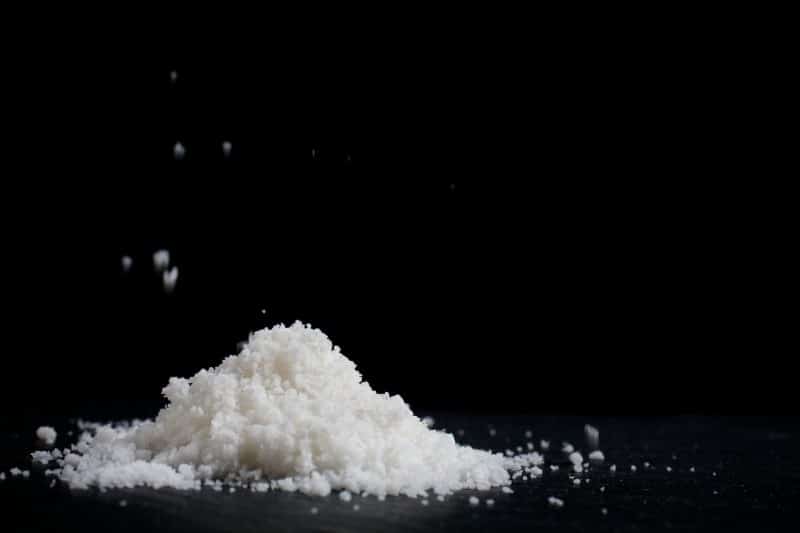
Any system suffers from problems on occasion. Clogging is the most common issue that a septic system could experience. It can be brought about by several factors such as invasive roots, harsh chemicals, and improper waste disposal. It could also be caused by salt accumulation, which could happen when you have hard water crisis. Hard water usage is very difficult. Hard water contains magnesium and calcium ions that do not make your soaps or detergents lather up. As a result, you repeat your washings. This makes you spend more on water and soap. You also use up more effort and time. Using more water increases the septic’s water load. This stirs up the solid waste particles, making it almost impossible for the resident bacteria to break them down. They just float around the tank until they enter the drain field. Clogging then takes place. Hard water also turns the soap into sticky scum that clogs the drains.
You use water softeners to correct the damages that hard water gives your septic. They have beads that attract magnesium and calcium ions. The ions are then flushed out of the water supply system. What’s left in the water are salt ions or sodium carbonate ions that soften the water. Softened water makes it very easy for you to wash anything but there is a consequence to this. Using water softeners frequently puts more salt into your septic. You should know how salt can wreak havoc in a drain field. Salt is a known preservative that kills bacteria so that organic substances could last longer. When salt fills the bacteria’s environment, it sucks out the fluids inside the bacteria. Bacteria die off because of this. In the absence of bacteria, there will be no wastewater treatment process at all. If there are no bacteria, solid waste particles will not be broken down anymore. They are just pushed into the drain field to clog it.
The drain field has the last stage of wastewater treatment. If using too much salt makes it fail, then you will have long-term septic problems. Make sure that you do not use harsh chemicals while you use water softeners. Harsh chemicals kill bacteria and it would help if you use eco-friendly cleaners that do not harm bacteria at all. You should also follow the pump out schedule that you have arranged with your septic expert. Regular pump outs eliminate any trace of salt in the system. Completely cleaning up the septic system will reset your septic enough to maintain its normal optimal function even if you use water softeners all the time.
Also, talk to your septic expert when you deal with a hard water crisis. Helpful additives could then be incorporated into your septic to help make it efficient and safe even if you use water softeners. With enough help and information, you could have a lasting septic system for years to come.
